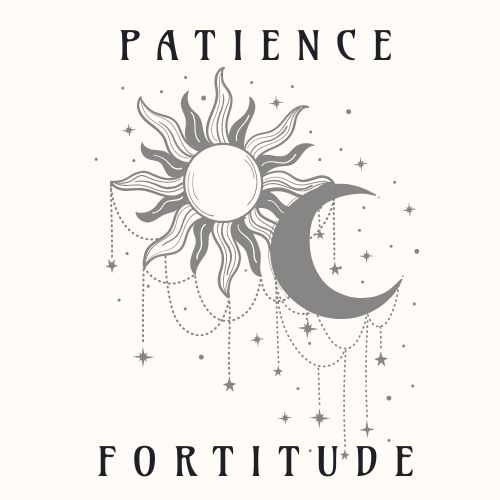After Mother died, I stood at the liquor store with my friend Shawn who had tripped over to visit me in my hours of confusion. She was experienced with the grief process herself, and was tolerant of my rather dissociated condition (I took to referring to myself in the third person for most of that year), so when I pointed at the lime green drink mix and said, “That looks like something they drained out of Mother” she just laughed with me. It was a minor freakout on my part, but its low wattage hardly changed the nature of my reaction. I was disturbed and disconnected and very far off track.
I never, ever thought that my behavior was strange during those times right after the deaths, though. I was too busy not thinking at all, honestly, so who knows what I would have concluded about myself had I bothered with introspection. I suppose I am lucky in that sense (or perhaps I was so far off the map, I would not have cared even if I knew), because there are a lot of mourners out there who spend a lot of time beating themselves up for doing what comes naturally.
We often do not like what we see about ourselves in that “moment of truth” in the wake of destruction. No matter how heroic, stoic, and mature we behave, there is always something that we do which is horrifyingly disappointing. Making jokes about the abdominal fluid drained out of Mother when she was sick falls into that category, I think, but it was also a method of dealing with a system shock so great that if I did not find a way to deal with it – no matter how superficial – I would have just sat down and crumbled apart.
There is nothing worse than a lonely freakout, though, and in that particular case I was lucky to have a good friend who understood and even “got the joke”. Shawn was an incredibly rare exception, though; and while a few friends (notably Tim and Phi, but also Colin and a few others) tried to reach out to me, every freakout proved to me just how of sync I was with, well, everything.
The thing is, losing a parent in the time frame of “young adult” is the equivalent of not taking that left turn at Albuquerque that Bugs Bunny always bitches about. It throws a person completely out of step in their own lives – a complaint that can be lodged against any death in the family, I suppose, but in very particular ways does it affect young adults. The most glaring, and the most profound, is that it creates an insurmountable gulf between the mourner and her peers.
I have worked on this section a lot because I do not want to make it sound “woe is me” or to imply that just because someone did not lose a parent when they were young that they did not have some hard times. One of my best friends has severe Type II Diabetes and part of her foot was surgically removed before she turned 30, which was a lesson to me in how bad it can be even without the death of a parent.
It is just different, and it makes you different if it has happened to you.
I used to write long letters to my friends about my life during my parents’ final years and after their deaths. I know I tried to put out there that I was doing okay, but I did not shy away from the issues I was facing. One friend who received those letters commented on how she had to brace herself before she read them, because they were so intense and depressing. That she read them at all is testament to her friendship with me, but nonetheless, I was mortified that my rambling dialogues were such a burden – even if it was a burden she was glad to bear, for my sake. I stopped writing letters after that, to anyone, because it felt like another bit of proof of how out of sync I was; so much so that my supposedly easygoing (I thought) letters were a source of anxiety and worry for my close friends.
Which is like reverse-engineering a friendship: “Right-o, my friends want to help me in hour of despair, so to spare their feelings I’ll just ignore them.” Seriously, it seemed logical at the time…
In a way, grief is all about the illogic, and that took me a while (read: many years) to figure out. It seems so very straightforward: your parent has died, and you grieve for them. But that is a case of appearances being deceiving, because what happens under the skin is that emotions, reactions, goals, dreams, everything gets knotted up into a mass of confusion and pain. Even when things go right, they do not feel right; when friends offer to help, it hurts to accept; when a day goes by without some kind of freakout, you are off balance. It is easier, in the short run, to shove the difficult things away and deal with grief as if it is not even really there, although doing so for too long acts like a backflow valve on shutdown. Pressure builds whether you acknowledge it or not.
My own path was to live pretty obliviously up to the point where the pressure finally cracked me, which was over ten years after the fact. That was my lesson in “it is what it is” when it comes to the grieving process.
#
